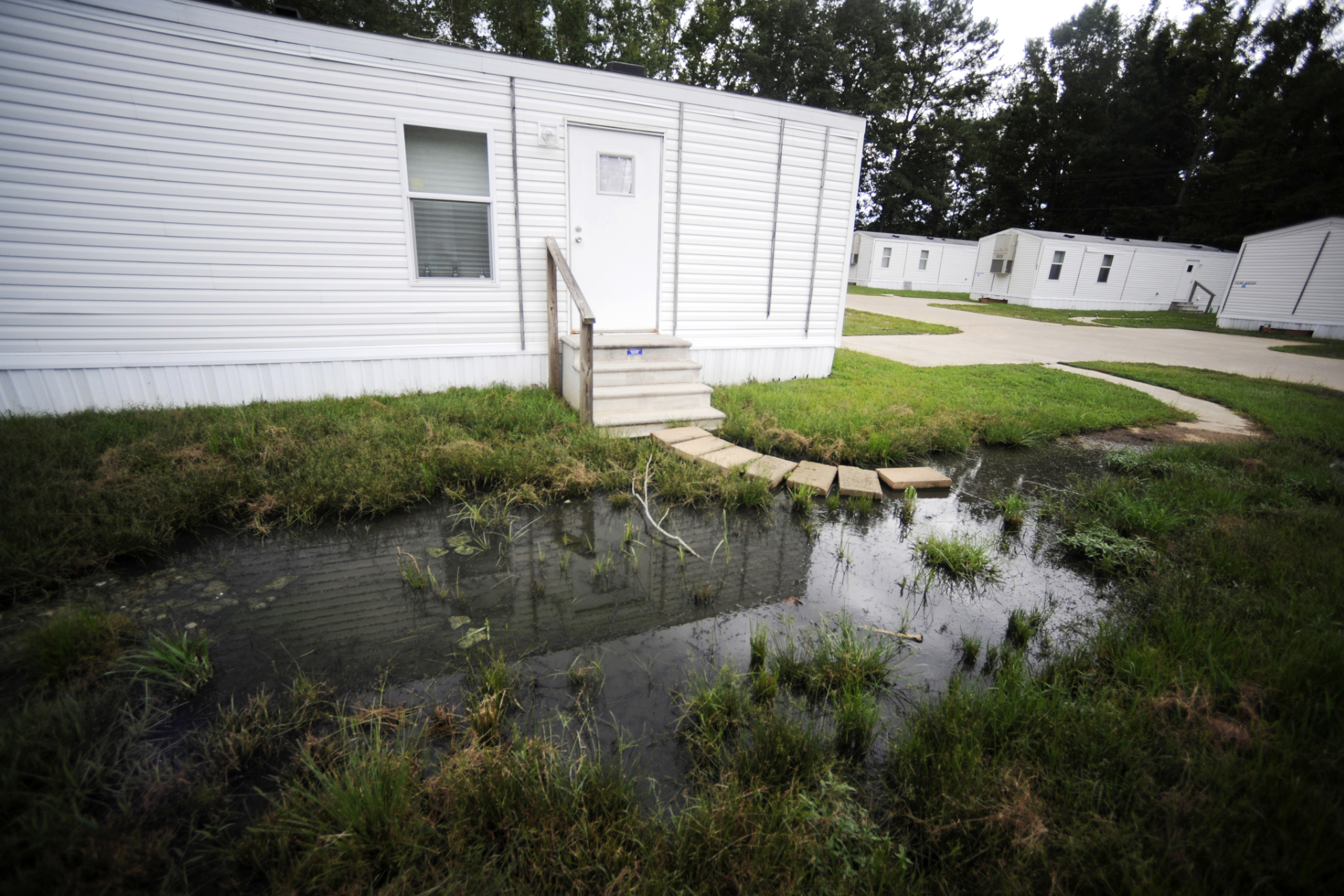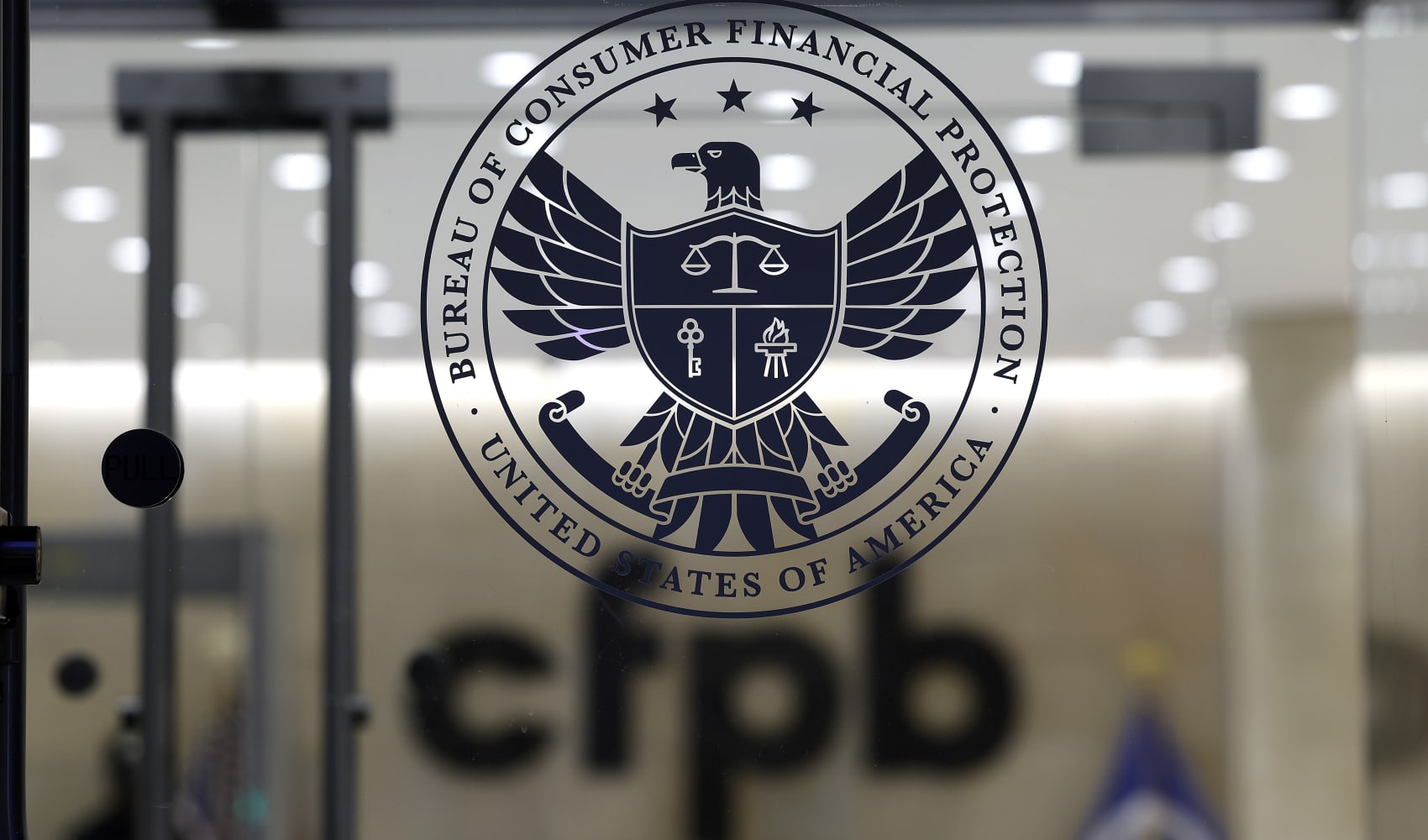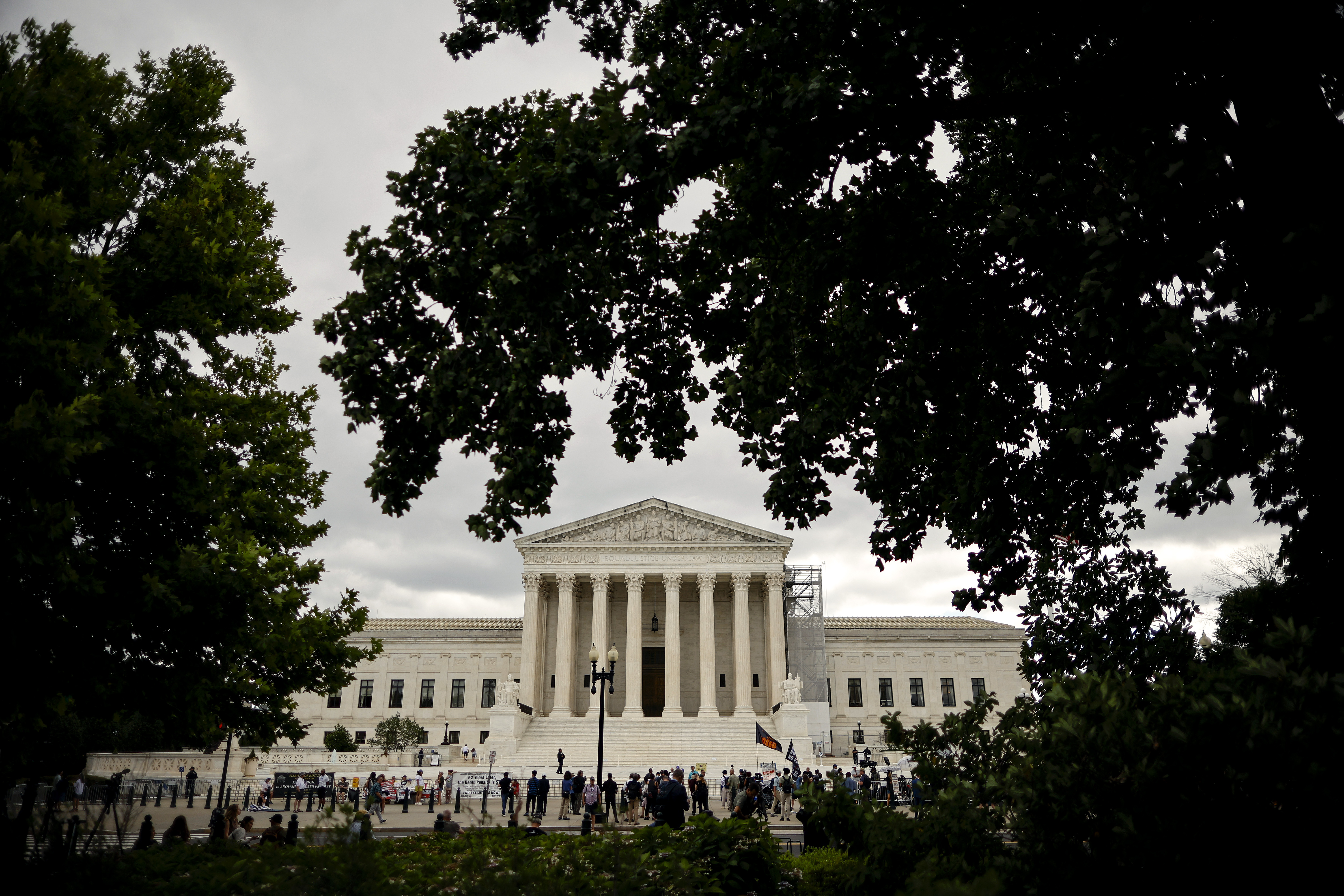Alabama Sewage Crisis: Trump's "DEI" Claim Explained
Trump's "Illegal DEI" Claim Shuts Down Alabama Sewage Relief: A Deep Dive
Introduction: A Crisis Overlooked
Imagine this: Every time it rains, raw sewage backs up into your toilet, contaminating your home and yard. For Annye Burke in Lowndes County, Alabama, this isn't a nightmare – it's reality. For 14 years, she and her neighbors have endured this unacceptable living condition. But what happens when a program designed to alleviate this suffering is abruptly shut down, deemed "illegal DEI" by a former president? Let's unpack this complex and infuriating situation.
The Dire Reality of Lowndes County: More Than Just a Plumbing Problem
Hookworm and Environmental Racism: A Shocking Revelation
This isn’t just about faulty septic tanks; it’s about systemic injustice. A 2017 study revealed that 1 in 3 adults in Lowndes County had hookworm, an intestinal parasite linked to poor sanitation. Can you believe that? Hookworm, in 21st-century America? This isn’t some far-off developing nation; it’s Alabama, and it points to a deeper, darker truth: environmental racism. The predominantly Black population of Lowndes County has been disproportionately affected by inadequate sanitation infrastructure for far too long.
Biden's Intervention: A Glimmer of Hope
The Biden administration recognized the severity of the situation and, in a move that offered a flicker of hope, allocated nearly $26 million to rebuild Lowndes County's water infrastructure. The Department of Justice even declared that the area was suffering from “environmental racism,” acknowledging the historical and ongoing discrimination that has led to this crisis. Finally, it seemed, help was on the way.
Trump's Executive Order: A Setback for Justice?
The "Illegal DEI" Claim: A Controversial Justification
Then, everything changed. Earlier this month, President Donald Trump issued an executive order to kill the program, citing it as “illegal DEI” (Diversity, Equity, and Inclusion). This move has sparked outrage and confusion, raising serious questions about the motivations behind the decision and the potential consequences for the residents of Lowndes County. But what exactly does DEI have to do with sewage?
Unpacking the Politics: A Deeper Look at the Rationale
The claim that the program is "illegal DEI" is, frankly, baffling to many. How can addressing a sanitation crisis in a predominantly Black community be considered an affront to diversity, equity, and inclusion? Some speculate that the move is part of a broader effort to dismantle DEI initiatives across the country, regardless of their specific purpose or impact. Is this a case of political ideology trumping (pun intended) the basic human right to clean and safe living conditions?
The Real-World Impact: Lives Disrupted and Dreams Deferred
Annye Burke's Story: A Window into the Suffering
Let’s not forget Annye Burke. Her story is not unique in Lowndes County; it’s emblematic of the suffering endured by many. Imagine the constant stress, the health risks, and the sheer indignity of living with raw sewage backing up into your home. This isn’t just an inconvenience; it’s a violation of basic human dignity. How can anyone thrive in such conditions?
Beyond Hookworm: The Wider Health Consequences
The health consequences extend far beyond hookworm. Contaminated water can lead to a host of other illnesses, including E. coli infections, hepatitis A, and dysentery. Children are particularly vulnerable, and the long-term effects of exposure to these pathogens can be devastating. We're talking about preventable diseases that are entirely unacceptable in a developed nation.
The Legal and Ethical Arguments: A Battle for Justice
Environmental Justice: A Fundamental Right
The fight for clean water and sanitation in Lowndes County is a fight for environmental justice. Environmental justice is the principle that all people, regardless of race, ethnicity, or socioeconomic status, have the right to live in a healthy environment. Denying a community access to clean water and sanitation is a clear violation of this fundamental right.
The Role of the Department of Justice: A Question of Accountability
The Department of Justice’s initial involvement signaled a commitment to addressing the environmental racism in Lowndes County. But what happens now? Will the DOJ continue to fight for the community, or will the executive order effectively silence their efforts? The answer to this question will have far-reaching implications for other communities facing similar environmental injustices across the country.
Community Response: Fighting for Change
Local Activism: A Grassroots Movement
Despite the setbacks, the residents of Lowndes County are not giving up. Local activists are working tirelessly to raise awareness, advocate for policy changes, and demand accountability from government officials. They are the unsung heroes of this story, the ones on the ground fighting for their community’s survival. Their resilience and determination are an inspiration to us all.
National Support: A Call to Action
The situation in Lowndes County has also garnered national attention, with advocacy groups and civil rights organizations calling on the government to reverse the executive order and prioritize the health and well-being of the community. This is a fight that requires a collective effort, a national outcry against injustice. We all have a role to play in ensuring that communities like Lowndes County are not left behind.
The Future of Lowndes County: Hope Amidst Uncertainty
The Potential for Renewal: Rebuilding the Infrastructure
Despite the current challenges, there is still hope for Lowndes County. With continued advocacy, community organizing, and political will, it is possible to rebuild the water infrastructure and create a healthier, more sustainable future for the residents. This is not just about fixing pipes; it’s about restoring dignity and empowering a community that has been marginalized for far too long.
The Need for Systemic Change: Addressing the Root Causes
Ultimately, addressing the sanitation crisis in Lowndes County requires more than just temporary fixes; it requires systemic change. This means addressing the underlying issues of poverty, inequality, and environmental racism that have contributed to the problem in the first place. We need to create a society where everyone has equal access to clean water, sanitation, and a healthy environment.
What Can You Do?: Taking Action for Justice
Raise Awareness: Spreading the Word
One of the most important things you can do is to raise awareness about the situation in Lowndes County. Share this article, talk to your friends and family, and use social media to amplify the voices of those who are directly affected. The more people know about this injustice, the more pressure there will be on the government to take action.
Support Advocacy Groups: Lending a Helping Hand
There are many advocacy groups and civil rights organizations working to support the residents of Lowndes County. Consider donating to these organizations or volunteering your time. Every little bit helps.
Contact Your Representatives: Demanding Action
Contact your elected officials and let them know that you care about the situation in Lowndes County. Urge them to support policies that promote environmental justice and ensure that all communities have access to clean water and sanitation. Your voice matters.
Conclusion: A Call for Justice and Humanity
The story of Lowndes County is a stark reminder of the inequalities that still exist in our society. The decision to shut down a program designed to alleviate human suffering, citing “illegal DEI,” is not only baffling but deeply troubling. We must stand in solidarity with the residents of Lowndes County and demand that their basic human rights are respected. Let's work together to build a more just and equitable world, where everyone has access to clean water, sanitation, and a healthy environment. The time for action is now.
Frequently Asked Questions
Here are some frequently asked questions regarding the situation in Lowndes County:
- What is the root cause of the sewage problem in Lowndes County?
The root cause is a combination of factors, including inadequate infrastructure, poverty, and historical environmental racism. The county's aging septic systems are failing, and many residents cannot afford to repair or replace them. - How did the Biden administration plan to address the issue?
The Biden administration allocated nearly $26 million to rebuild Lowndes County's water infrastructure. This included funding for new septic systems and sewer lines, as well as job training programs for local residents. - What is "DEI" and why is it being used to justify shutting down the program?
DEI stands for Diversity, Equity, and Inclusion. The claim that the program is "illegal DEI" is a controversial and unsubstantiated argument. Some believe it's a political tactic to dismantle initiatives perceived as promoting preferential treatment based on race. - What are the potential health risks associated with exposure to raw sewage?
Exposure to raw sewage can lead to a variety of health problems, including hookworm, E. coli infections, hepatitis A, dysentery, and other gastrointestinal illnesses. Children and the elderly are particularly vulnerable. - How can I help support the residents of Lowndes County?
You can help by raising awareness about the issue, donating to advocacy groups, contacting your elected officials, and supporting policies that promote environmental justice. Every action, no matter how small, can make a difference.




